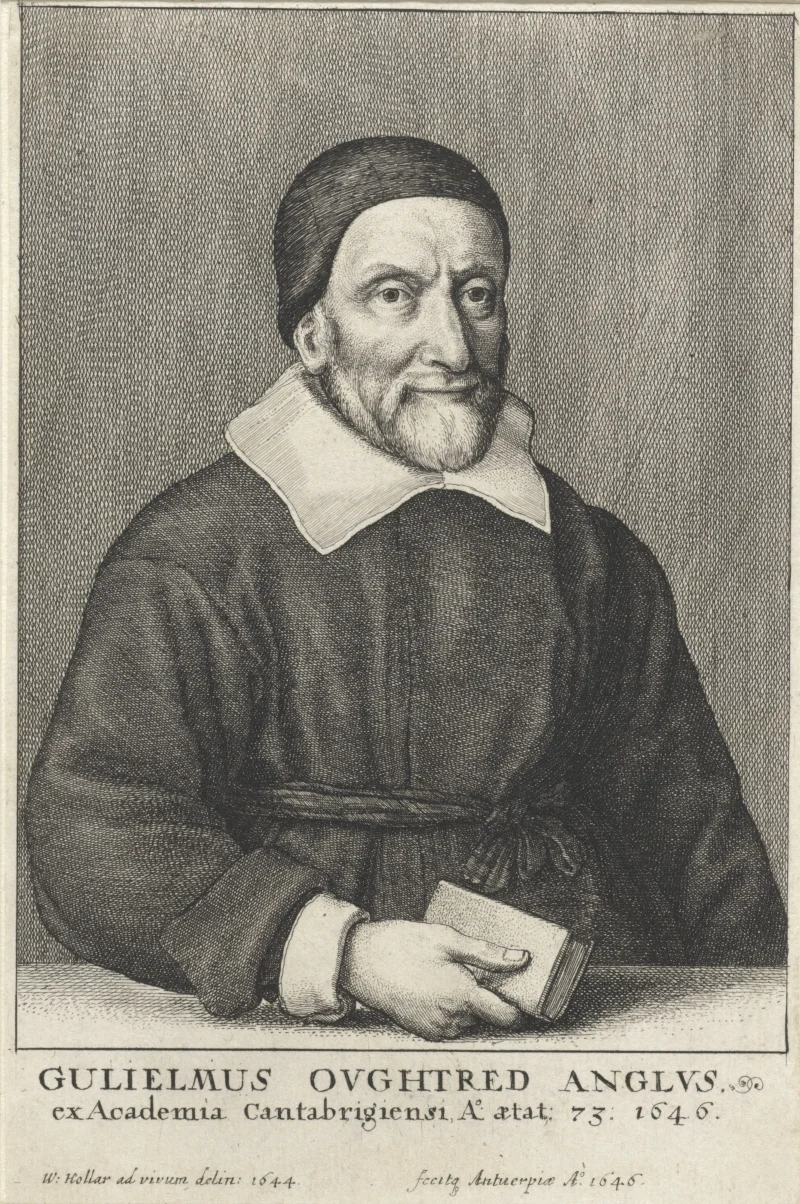Short Summary
Joseph Lister was a pioneering British surgeon whose introduction of antiseptic surgery revolutionized medical practice in the 19th century. He is renowned for significantly reducing post-operative infections by promoting the use of carbolic acid to sterilize surgical instruments and clean wounds. Lister's work laid the foundations for modern surgical techniques and improved patient outcomes, making him a key figure in medical history.
Early Life & Education
Born on April 5, 1827, in Upton, Essex, England, Joseph Lister was the son of Joseph Jackson Lister, a notable amateur scientist and wine merchant. His father, who made significant contributions to the development of the achromatic microscope, greatly influenced him. Lister attended University College London, where he earned his Bachelor of Arts degree in 1847 and his Bachelor of Medicine in 1852. His early exposure to scientific inquiry and his rigorous education laid the groundwork for his revolutionary contributions to medicine.
Career Highlights
Lister began his medical career as a house surgeon in Edinburgh before becoming a professor of surgery at the University of Glasgow in 1860. It was there that he conducted groundbreaking experiments on antiseptic surgery. Inspired by Louis Pasteur's germ theory, he applied carbolic acid to sterilize surgical instruments and clean wounds, reducing the incidence of infection dramatically. Lister's antiseptic system was initially met with skepticism, but its undeniable success eventually led to widespread acceptance and adoption, transforming surgical practice worldwide.
Major Achievements
- Introduced antiseptic surgery by using carbolic acid, drastically reducing infection rates.
- Published "Antiseptic Principle of the Practice of Surgery" in 1867, detailing his methods and findings.
- Influenced the development of sterile surgical environments, which became standard practice.
- Served as President of the Royal Society from 1895 to 1900, showcasing his esteemed status in the scientific community.
- Was made a baronet in 1883 and later elevated to the peerage as Baron Lister of Lyme Regis in 1897.
Famous Quotes
- "I am a believer in the fundamental doctrines of Christianity."
- "Never forget that it is not your patient only that you do not injure, but also your reputation."
Interesting Facts
- Joseph Lister was inspired by Louis Pasteur's work on fermentation and germ theory.
- He was the first to use gauze as a dressing for wounds, soaked in carbolic acid.
- Listerine mouthwash was named in his honor, though he had no direct connection to its creation.
- His methods initially faced resistance from the medical community, but he persevered to prove their efficacy.
- He was awarded the Order of Merit in 1902.
Legacy / Influence
Joseph Lister's legacy lies in his transformative impact on surgical practice. By introducing antiseptic techniques, he drastically improved patient survival rates and minimized post-operative complications. His work laid the foundation for the sterile methods used in modern medicine, influencing generations of surgeons and setting new standards for patient care. Lister's pioneering spirit continues to inspire advancements in medical science and public health.
FAQ
Q: Why is Joseph Lister famous?
A: He is famous for pioneering antiseptic surgery, which revolutionized surgical practice by reducing infections.
Q: What inspired Lister's antiseptic methods?
A: He was inspired by Louis Pasteur's germ theory, which emphasized the role of microorganisms in infections.
Q: How did Lister's work impact modern medicine?
A: His antiseptic techniques became the foundation for sterile surgical practices used today.













